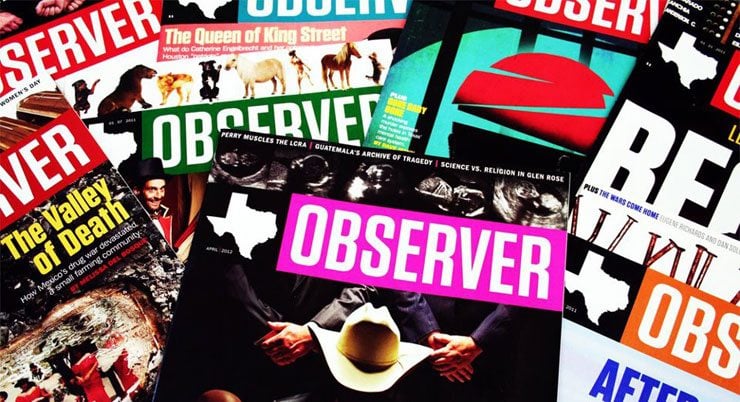Play all audios:
HENRIETTA LACKS WAS MOSTLY AN unremarkable person in life. Like millions of African Americans of her generation, she took part in the Great Migration in the 1940s, leaving the rural Jim Crow
South for better economic opportunities and greater social freedom in the urban North. Had it not been for a carcinoma that doctors discovered when she complained of abdominal pain and
mysterious bleeding, Lacks would have remained anonymous to all but her working-class family. The cancer cells that began covering her cervix at age 30 spread quickly, necessitating painful
radiation treatments. Lacks succumbed to the cancer far too young, leaving five children without a mother. A Christian woman, she believed her faith would give her eternal life. In reality,
the source of her immortality was man-made. In 1951, doctor at Baltimore’s Johns Hopkins Hospital removed cancerous tissue from Lacks and gave it to research scientists who attempted to grow
the cells in a laboratory culture. They had been failing to grow human cells in test tubes for three decades, and they were amazed at how vigorously these cells—coded HeLa, after the first
two letters of the donor’s first and last names—grew. There are hints, but no convincing scientific explanation, as to why these particular cells grow as well as they do in culture. They’re
a collective wonder—a miracle, if you prefer. The team began sharing samples with colleagues at other institutions who needed live human cells for their own research. No one asked permission
from Lacks or her family, and the family did not learn of their mother’s unwitting donation to science for another quarter-century. The size and scope of Lacks’ contribution are
inestimable. HeLa cells have been used in the basic research that led to the polio vaccine, the human papillomavirus (HPV) vaccine, retroviral therapies for HIV patients and nearly every
other biomedical advance of the past half-century. When a cure for cancer is discovered, it will likely stand on research made possible by Lacks. The HeLa cells allow researchers the world
over to “work with the same cells, growing in the same media, using the same equipment,” thereby replicating studies more efficiently and speeding the pace of discoveries. The stock of HeLa
cells used today in research across the globe would be measured in tons, and it would be impossible to guess how many billions of dollars the cell line has earned for biomedical companies.
As Henrietta’s cousin Cootie puts it in Skloot’s moving account, “It sound strange, but her cells done lived longer than her memory.” Lacks’ family has had a hard time reconciling with this
reality, to put it mildly, and this wrestling match electrifies Skloot’s book. Lawrence Lacks rails, “It’s not fair! … If our mother is so important to science, why can’t we get health
insurance?” The family believes Lacks was violated and that her survivors have been wronged by the medical community. It’s not entirely clear this is the case. Skloot documents the fact that
the doctors of Johns Hopkins provided much better than average medical care to Baltimore’s charity cases, but their failure to communicate with the Lacks family gave conspiracy theories
exactly the medium they needed to grow and mutate. Medical ethics of the time did not require the informed consent of human research subjects, and Lacks was not even a research subject per
se; she was a tissue donor. Skloot leaves little doubt that, in a strictly legal sense, the family has no claim to the profits HeLa has generated. Skloot doesn’t shy away from these
judgments, but neither does she deny her deep and complicated affection for the family. To her credit, she takes the Lackses and their efforts to make sense of their history seriously.
Skloot writes about scientific research for lay readers as well as anyone, and her explorations into the evolving field of medical ethics arrive at a welcome time. However, this masterpiece
of creative nonfiction is less about laboratory discoveries than larger issues of race, class, religious belief and how we relate to one another. At times maddening, at times uplifting, it
is always thought-provoking and fulfilling. _Todd Moye teaches U.S. history and directs the Oral History Program at the University of North Texas in Denton._

